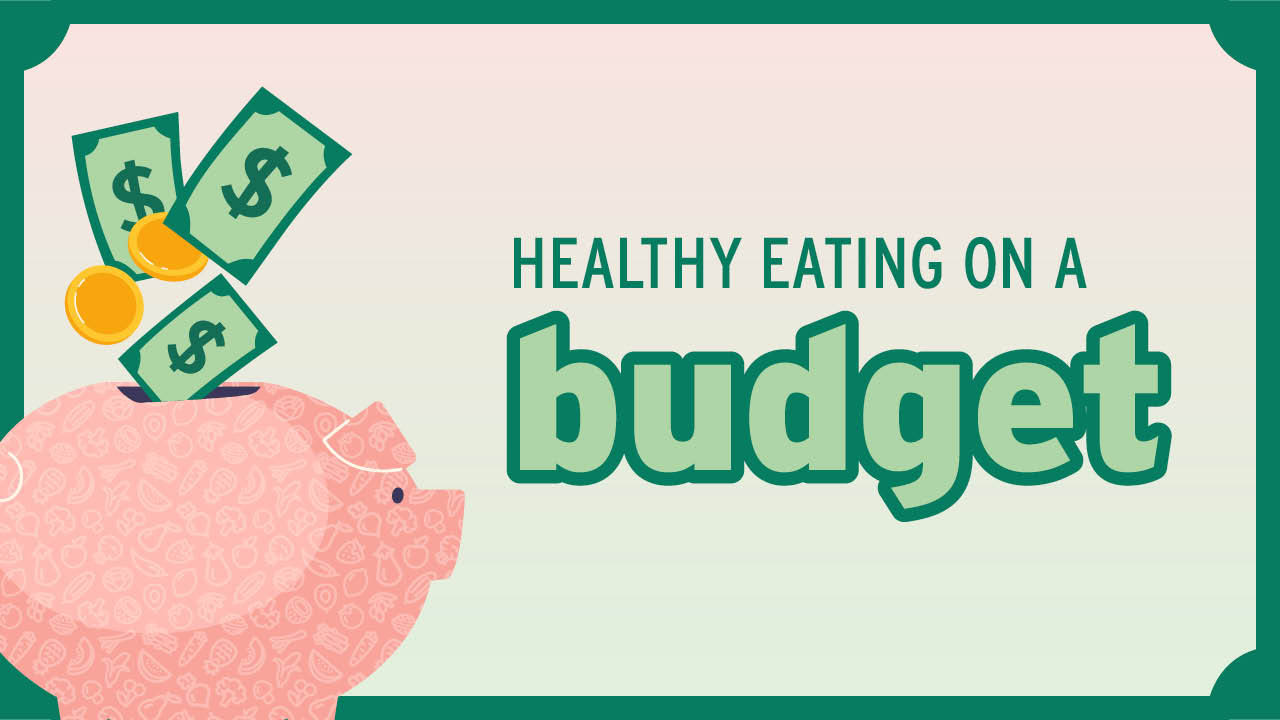Healthy eating on a budget
 CREDIT: FSU PUBLICATIONS AND COMMUNICATIONS DEPARTMENT
CREDIT: FSU PUBLICATIONS AND COMMUNICATIONS DEPARTMENTProperly nourishing your body is very important for your overall health and energy on a day-to-day basis. But sometimes it can be a challenge, especially for college students. College students are often on a budget, as all of their extra money is going towards school and living expenses. The go-to meals listed when thinking about cheap meals at college are often ramen, Kraft Dinner, grilled cheese, and soup.
It’s often said that healthy eating is more expensive than eating unhealthier options, but Ron Young, a kinesiologist and Business Development Director at Medpoint Health Care in London said otherwise.
“Let’s face it,” said Young. “Gas prices, prices of food, they’re all rising. But, you can still successfully eat well on a limited budget.”
According to Young, there’s fresh produce and frozen vegetables that are available at a decent price. Nutritionally, it’s not much different than buying fresh.
“There have been studies done and nutritionally, [frozen produce] has the exact same, or pretty close to the same nutritional value as the fresh stuff. So that’s a great alternative. I was at the grocery store and bought a big bag of frozen broccoli and cauliflower for like, two bucks.”
The misconception that healthy eating is more expensive often comes from what doesn’t get eaten.
“I think a lot of people fall into food waste and that’s what can be most costly. You stick a stalk of celery in the bottom of the crisper and you forget about it. So that’s about four dollars. If you ate it, it’s worth all four bucks, right? Food waste adds up.”
Young’s advice to combat food waste is to have a plan in place. Plan your meals for each day of the week and only buy what is needed. If you’re buying something and you’re not sure when you’ll get to it, Young suggested that’s when frozen products come in handy because they won’t go bad in the freezer. Meal planning also makes things easier when you’re busy and on the go. Having a meal ready to go will prevent you from wanting to go and spend money on takeout.
“I always say your refrigerator should be like the Subway counter. Here are my veggies, here are my peppers. Set yourself up for success. There’s nothing wrong with takeout once in a while. But I find if you have a busy schedule, you have to make sure you’re preparing and have a plan in place.”
Sometimes buying takeout from restaurants can simply be a behavioural habit.
“Why did I go out for takeout? Well, I’m short on time and I have to make a meeting. Make a time in your calendar for just a week or two and get on that cycle. I have to eat at nine. I have to eat my snack at 11. Then you almost start training yourself to be hungry at those times,” said Young.
In the long run, having a plan in place will allow you to save money and will cause positive benefits for your body too.
“If we don’t fuel our bodies properly and there’s a lack of nutrition in our system, then we can suffer from different symptoms. Not getting enough carbohydrates, not getting enough fat. Nutrition is tied to diabetes, cardiovascular disease, all sorts of bad things. Eating properly should come first and foremost for everybody.”
So, next time you’re have a busy week ahead, take time on the weekend to prep your meals for the week. By only buying the ingredients you need and having meals ready to go, you will save money and time in more ways than one.

















